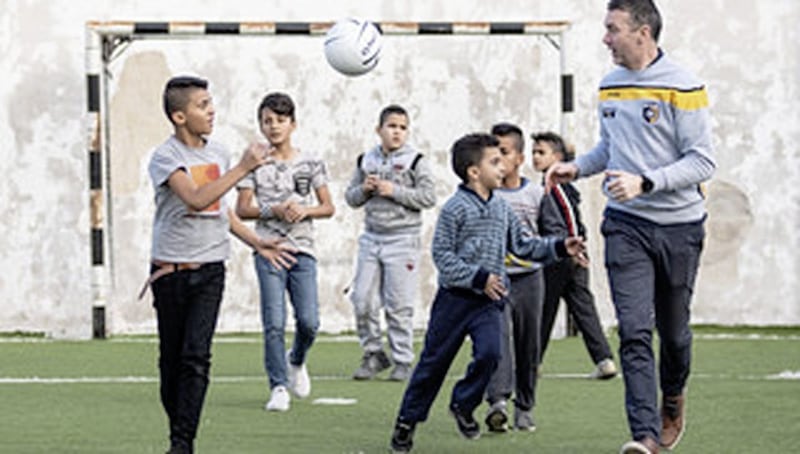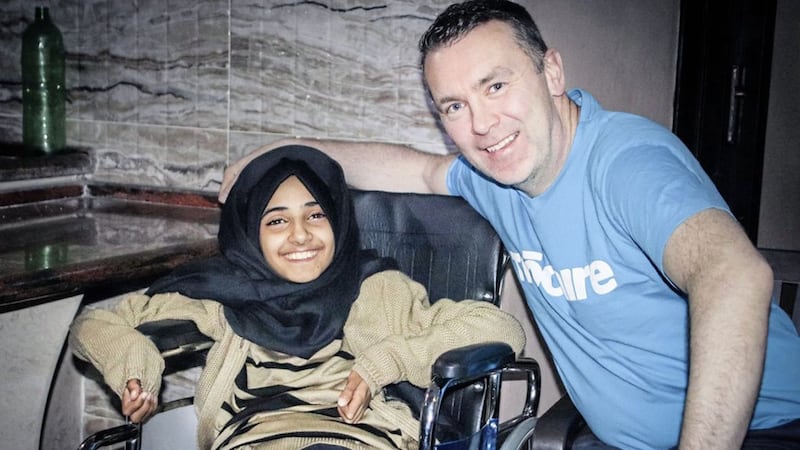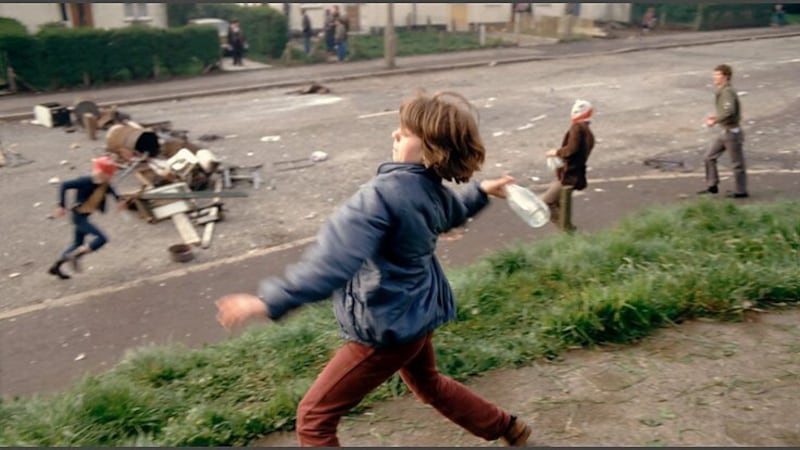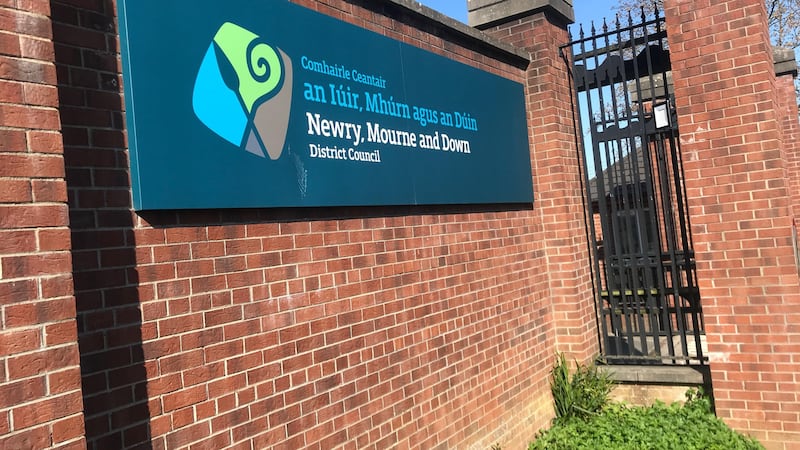LAST Christmas I travelled to Gaza with Trócaire and witnessed a place at breaking point. Crumbling infrastructure, a medical system in crisis, mass unemployment and widespread levels of trauma. Now with Christmas approaching, Covid cases are surging in Gaza and I can’t imagine how people are coping.
Until August it seemed as though Covid had been contained in Gaza. The situation has deteriorated rapidly since then. More than 700 new cases are being detected daily. In just three months, almost 20,000 cases have been confirmed, with 102 deaths.
It is likely that Gaza will go into lockdown over the coming days. People in Gaza are already used to being imprisoned within their territory, but a lockdown will confine them to their often overcrowded homes. This comes as UNRWA, the United Nations agency that supports people in Gaza, announced that it had run out of money for the first time in its history.
Gaza simply can’t cope with a big outbreak. They don’t have enough ventilators, they don’t have enough PPE. Doctors are warning that it will be a matter of days before the health system becomes over-whelmed.
Gaza is incredibly densely populated. I can’t imagine how you’d try to adhere to social distancing. With the health system on the verge of collapse, I’m afraid for the people and how things might spiral out of control.

There are two million people living in Gaza, packed into an area a fifth the size of Co Fermanagh, and the poverty levels really shocked me.
For me growing up, shootings and intimidation from soldiers was normal. It was everyday life for us in Crossmaglen. I was 11 before I started to realise that it wasn’t normal.
I could see a similar attitude in the kids in Gaza. You see kids playing on the street but who knows what they’re really going through? What does it do to a kid to grow up through three wars in the space of 10 years?
A blockade, started in 2007, makes it really difficult to get goods in and out. Most people can’t leave, they are cut off from the world and it’s like an old style siege.
Because of this blockade and the destruction caused by the Israeli aerial bombardments, Gaza was at breaking point. Electricity for only half of the day at best, some days only four hours of power. Crumbling infrastructure. Water unsafe to drink. The highest unemployment rate in the world and 80% of the people needing humanitarian aid to keep their families fed and their heads above water.
It is hard for me to forget some of the people I met when I visited. I wonder now how they are coping. I think of a man I met who had lost his wife and six relatives in the 2014 war. They were killed when the Israeli army bombed their house. He wasn’t ready to open up to me about his grief, but I was struck by his resilience and of the many others who have been through so much.
In my world, involved in both sport as a former GAA footballer and my work in mental health as a professional counsellor, resilience is a word you hear a lot. But to really understand what it means you would have to meet these families. Somehow people survive in Gaza, they get on with things, they support each other in the darkest of times.
It was only when I started receiving treatment for my gambling problem that I came to realise that my addiction was linked to the trauma of growing up surrounded by conflict. Today, nearly 300,000 kids in Gaza need psychological support.
Yet I still managed to come away from Gaza with hope. I had the privilege of visiting some inspiring projects that Trócaire is supporting in Gaza. They support local organisations to help people to heal from the trauma of conflict. They also provide primary health care for people.
But they go much further than just providing immediate aid. They are in it for the long haul, trying to address the root causes of problems there rather than just providing a quick fix. They provide legal aid to challenge human rights abuses. They fund Israeli and Palestinian peace groups working to end the occupation of Palestine. Bringing it back home, they campaign to get the Irish and UK governments to pressure Israel to end the crippling blockade of Gaza.
So this Christmas, it’ll be one like no other for me and my family, and for all of us on this island. But I’ll be thinking of the people of Gaza and people less fortunate than we are, and hoping our support and solidarity can make a difference.
Oisin McConville is a former Armagh All-Ireland winner and professional counsellor. To support Trócaire’s Christmas Appeal, visit trocaire.org or call 0800 912 1200.








